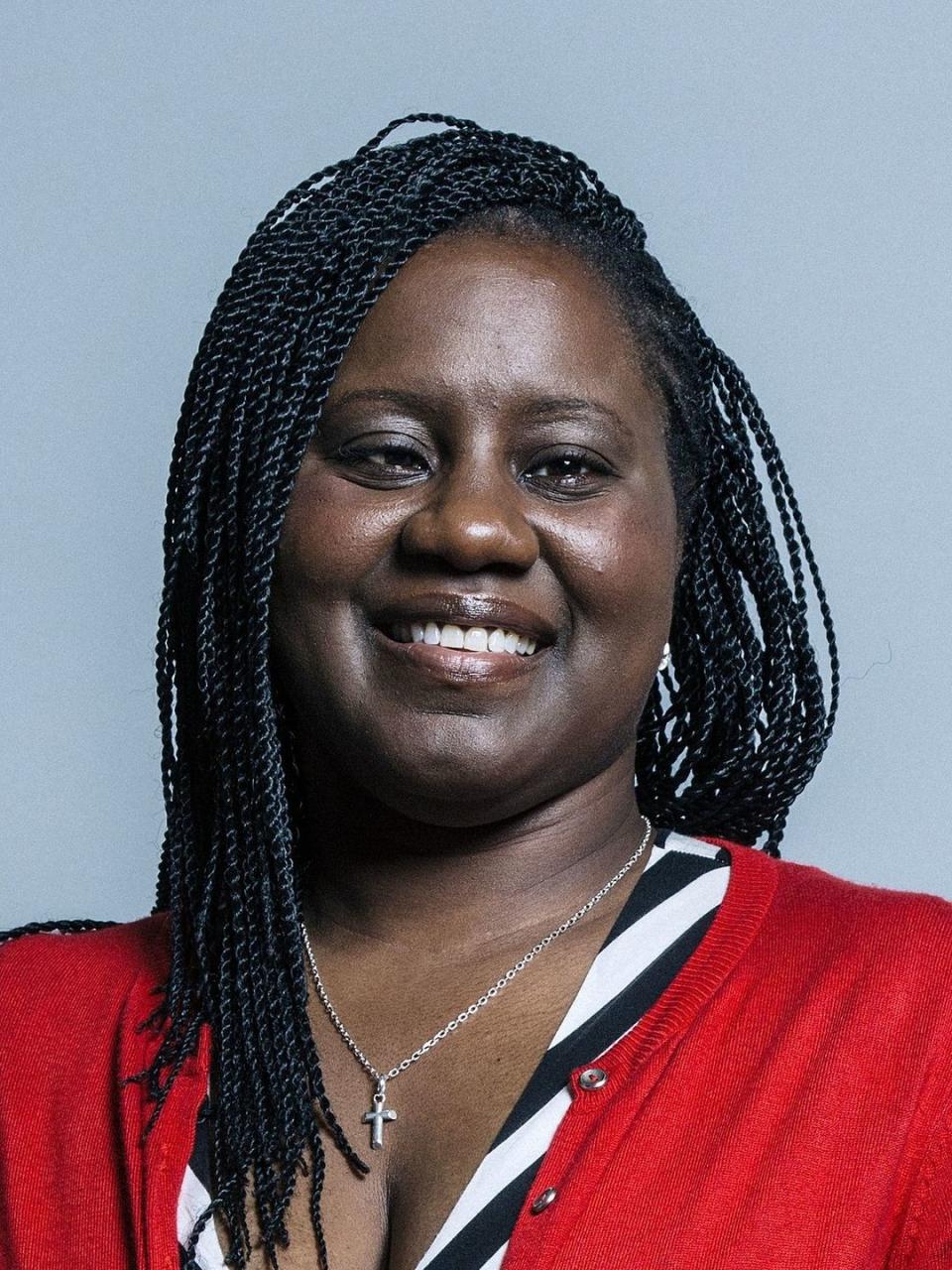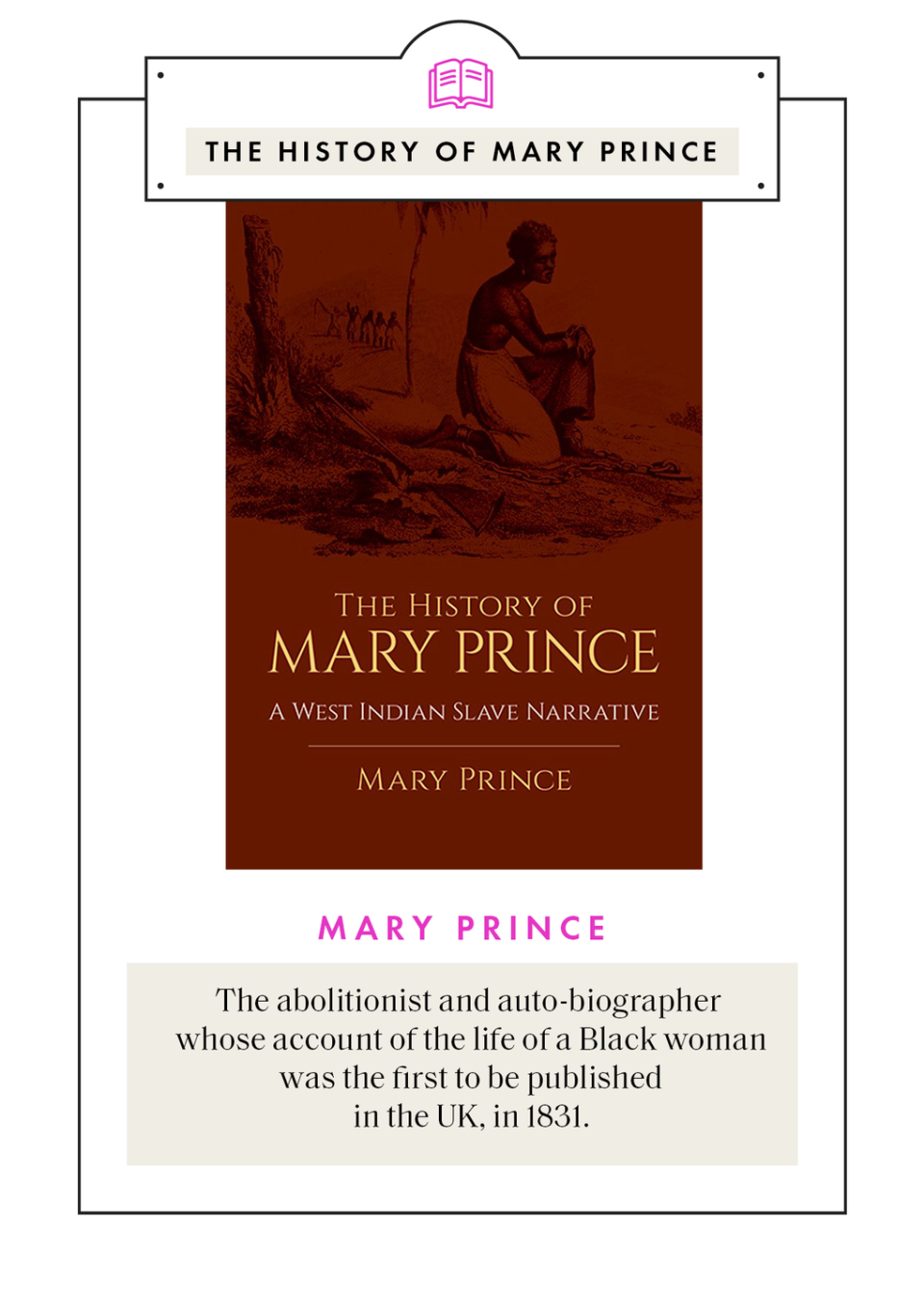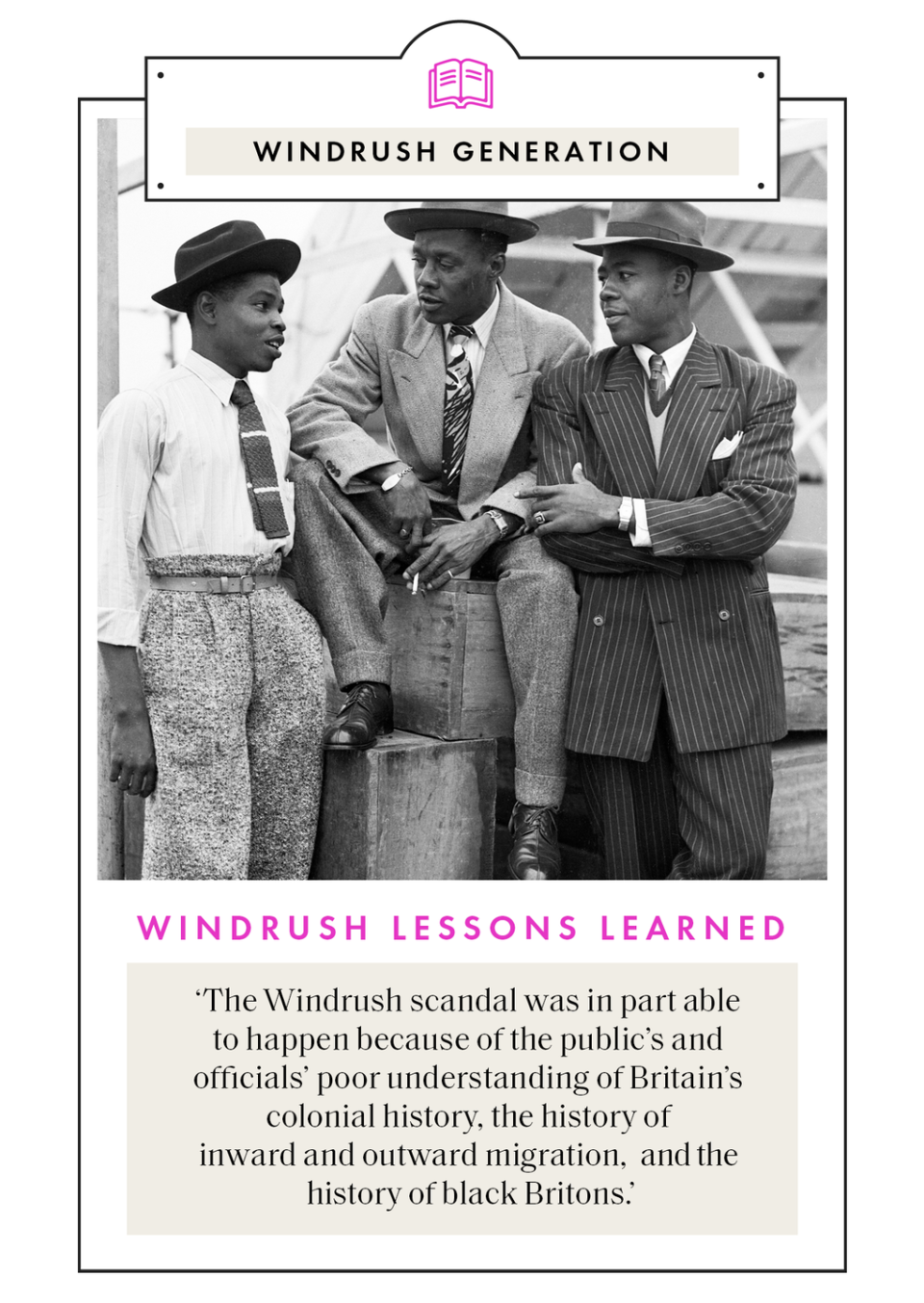Dear Gavin Williamson, These Are The Black History Lessons That Must Be Part Of The National Curriculum

Dear Gavin,
As you know, October is Black History Month.
Now in its 33rd year, it celebrates the vast contributions of Black Britons and the Black community. But this celebration of Black history shouldn’t just be for one month.

Black history should be taught in our schools all year round. Whilst it is the case that some institutions - including St George’s in my Battersea constituency - have taken it upon themselves to do so, the teaching of Black history in schools remains optional. Research published at the end of September, by the education charity Teach First, found that pupils could complete their GCSEs and leave secondary school without having studied a single literary work by a non-white author.
The Black Lives Matter movement shone a light on the structural racism here in the UK and around the world. One of its key demands is for Black history to be part of the curriculum. The movement has already made a significant impact in raising awareness and public consciousness. A poll this summer from organisation Hope Not Hate found that the British public are ready for a more progressive debate on racism in the UK.
The key now is not to let the movement and its momentum fade away. Racism is a systemic problem that will require systemic solutions. The time has come for lasting change.
Learning Black histories is a vital part of ensuring that young people have a balanced understanding of Britain’s past, and how it has shaped society today. An awareness of the history of British colonialism and migration to this country will build an important understanding of the forces that shape contemporary racial inequalities. It is a crucial way to ensure that young people have the tools to challenge present-day racism and discrimination.
The topics of migration, empire and belonging are not only relevant to young people from Black, Asian and minority ethnic backgrounds, but to students from all backgrounds, for a full understanding of the varied and wide-ranging cultural inputs that have contributed to the making of Britain.
Without this, young people are missing out on learning that will enrich their lives, their sense of belonging and a greater understanding of others.

For example, young people may well miss out on learning about the Bristol Bus Boycott of 1963, which arose from the refusal of the Bristol Omnibus Company to employ Black or Asian bus crews in the city. While this was in common with other British cities, as there was widespread racial discrimination in housing and employment at the time, it was in Bristol that youth worker Paul Stephenson alongside Roy Hackett, Owen Henry, Audley Evans, Prince Brown and Guy Bailey and the West Indian Development Council led the boycott of the company’s buses, which lasted for four months until the company backed down and overturned the colour bar. The Bristol Bus Boycott was considered by some to have been influential in the passing of the Race Relations Act 1965, which made ‘racial discrimination unlawful in public places’ and the Race Relations Act 1968, which extended the provisions to employment and housing.
And where do we teach about the 15,204 men who served in the British West Indies Regiment in 1915? Men from across the West Indian colonies, who weren’t allowed to fight alongside white soldiers, faced so much racism, but still carried out dangerous jobs such as loading ammunition, laying telephone wires and digging trenches. Once the war had ended, they were relocated to Italy and given the additional jobs of cleaning clothes and latrines for white soldiers, who were given a pay rise. They mutinied; one was executed, others jailed, and they were excluded from the victory parades that marked the end of the war.
Then there are influential figures like Mary Prince, the abolitionist and auto-biographer whose account of the life of a Black woman – The History of Mary Prince – was the first to be published in the UK, in 1831. This first-hand description of the brutalities of enslavement, released at a time when slavery was still legal in Bermuda and British Caribbean colonies, had a galvanising effect on the anti-slavery movement and was reprinted twice in its first year.
Or Mary Seacole who, when the War Office refused for her to be a part of the formal nursing contingent during the Crimean War, still travelled independently to set up her ‘British hotel’ and tend to the wounded in 1855. She is arguably the first nurse practitioner.

And then there's Walter Tull, a professional footballer who debuted for Spurs in 1909, and in 1917 became the first mixed-heritage infantry officer in a regular British Army regiment. There is so much to say about these three people alone, that you can only imagine how many countless other Black people have played critical – yet concealed – parts in British history.
We need to know, and to be able to talk about, Britain’s colonial past and the legacy that it gives all Britons today. For the government to act responsibly, it would need to ensure that young people learn about Black British history, colonialism and understand Britain’s role in the transatlantic slave trade. And we know that people want to do this too: currently the third most signed open petition on the Petition Parliament website calls for Britain's colonial past to be taught as part of the UK's compulsory curriculum.
This matters – and much more than you might think – for the decisions which get made at the highest levels. Decisions which have a real impact on our lives.
The Macpherson report into the murder of Stephen Lawrence (another key event in the history of Britain’s race relations that should be taught), published in 1999, asked that ‘consideration be given to amendment of the national curriculum aimed at valuing cultural diversity and preventing racism, in order better to reflect the needs of a diverse society.’

Two decades later, in 2018 the Windrush Lessons Learned Review, also made clear: ‘The Windrush scandal was in part able to happen because of the public’s and officials’ poor understanding of Britain’s colonial history, the history of inward and outward migration, and the history of black Britons.’
As the Government prepares to implement recommendations from the Review, you must recognise this conclusion, particularly in relation to the failings of our national curriculum, and the subsequent impact it had on the Windrush generation.
In the context of a growing global Black Lives Matter movement - highlighting racial injustices across the world - teaching Black history is essential to producing lasting change. Black British history needs to be taught in schools all year round as part of a diverse curriculum that includes and inspires all young people from all backgrounds. As the Jamaican activist Marcus Garvey once said, ‘A people without the knowledge of their past history, origin and culture is like a tree without roots.’
I urge you – as Secretary of State for Education – to work with anti-racist organisations and other key stakeholders to conduct a review of the curriculum in order to diversify the curriculum so that it is fully reflective of modern British society.
Because Black history is British history.
Marsha de Cordova is the Member of Parliament for Battersea and has been Shadow Secretary of State for Women and Equalities since April 2020.
Like this article? Sign up to our newsletter to get more articles like this delivered straight to your inbox.
In need of more inspiration, thoughtful journalism and at-home beauty tips? Subscribe to ELLE's print magazine today! SUBSCRIBE HERE
You Might Also Like

 Yahoo News
Yahoo News 
